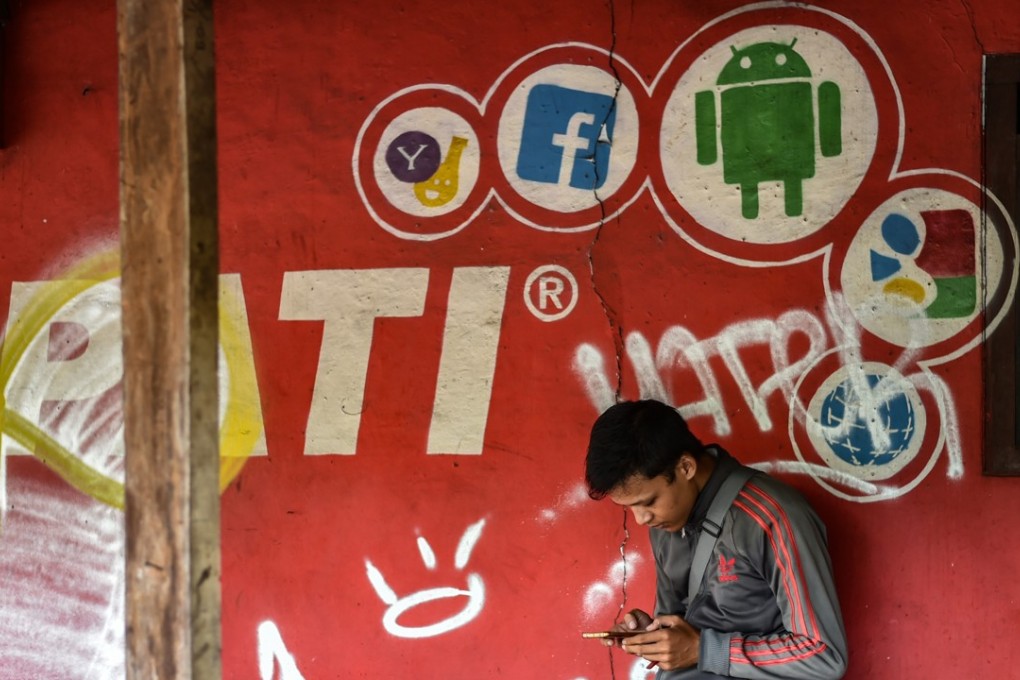Macroscope | How cybersecurity and data storage laws could pull the plug on Southeast Asia’s digital economy
Jeff Paine says governments in Southeast Asia are keen to capitalise on the opportunity presented by the digital economy, but their rush to regulate data flows and storage will hit start-ups and small local firms hard

Southeast Asia is one of the most diverse regions in the world, a handful of countries with thousands of languages and cultures, yet all having one thing in common – bold ambitions for their digital economies.
From the establishment of digital agencies like Malaysia Digital Economy Corporation in Malaysia and the Digital Economy and Promotion Agency in Thailand, to charting impressive road maps such as Thailand 4.0 and Making Indonesia 4.0, many governments in the region are prioritising capturing as much of the region’s US$200 billion digital economy opportunity as possible.
What isn’t clear is how these bold aspirations will be achieved.
Despite the inherent benefits of digital technologies and the internet, many governments are pursuing policies that will limit the use of these technologies. Driven by pressure to address specific and immediate challenges including cybersecurity, data protection, privacy and misinformation, governments fail to consider the long-term impact of these laws on economic growth, jobs and investment.
Vietnam’s recent Law on Cybersecurity and Indonesia’s Government Regulation 82 are examples of this, with provisions including restrictions on data flow and content, requirements for foreign companies to set up local offices and local data storage requirements. Meanwhile, proposed rules in Thailand subject over-the-top (OTT) service providers to tax, security and content regulations.
